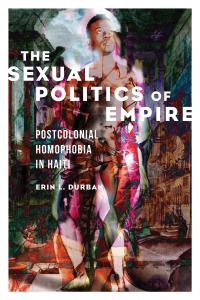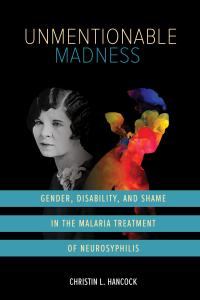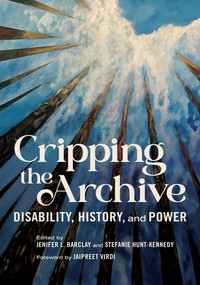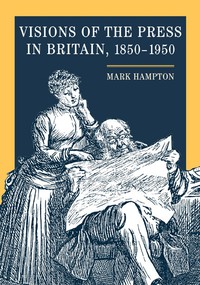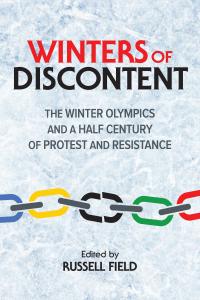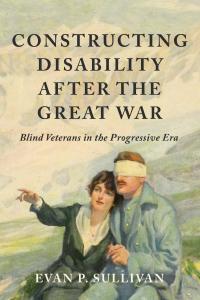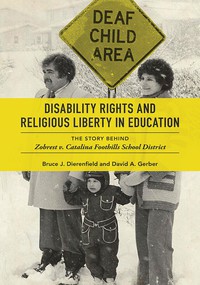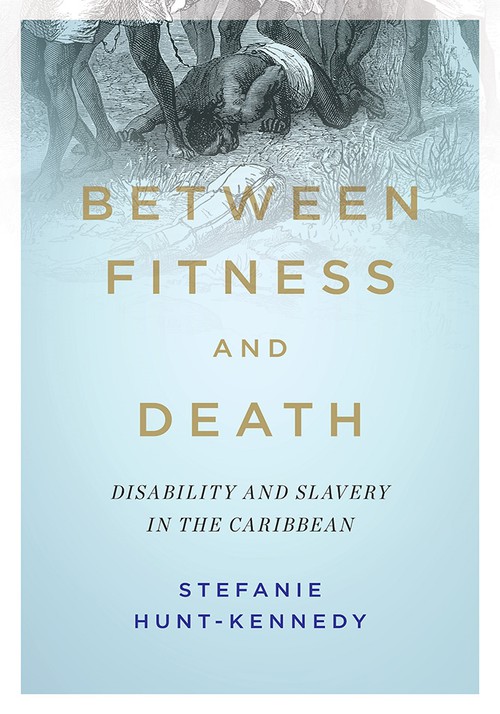
Between Fitness and Death
Cloth: 04/13/2020
About the Book
Long before the English became involved in the African slave trade, they imagined Africans as deformed beings. The English drew on pre-existing European ideas about monstrosity and deformity to argue that Africans were a monstrous race, suspended between human and animal, and as such only fit for servitude. Joining blackness to disability transformed English ideas about defective bodies and minds. It also influenced understandings of race and ability even as it shaped the embodied reality of people enslaved in the British Caribbean.Stefanie Hunt-Kennedy provides a three-pronged analysis of disability in the context of Atlantic slavery. First, she examines the connections of enslavement and representations of disability and the parallel development of English anti-black racism. From there, she moves from realms of representation to reality in order to illuminate the physical, emotional, and psychological impairments inflicted by slavery and endured by the enslaved. Finally, she looks at slave law as a system of enforced disablement.
Audacious and powerful, Between Fitness and Death is a groundbreaking journey into the entwined histories of racism and ableism.
Watch a virtual event featuring Stefanie Hunt-Kennedy in conversation with Jenifer Barclay, moderated by Daina Ramey Berry
About the Author
Stefanie Hunt-Kennedy is an associate professor at the University of New Brunswick.Reviews
"This provocative and powerful study . . . makes important contributions to understanding Caribbean slavery." --Choice"In revealing the pervasiveness of disability among enslaved people and the various associations between blackness and disability, Hunt-Kennedy provides a new way of looking at the archives of slavery. Between Fitness and Death furthers our understanding of Caribbean slavery." --Journal of Interdisciplinary History
"A compelling argument that colonial racialization and brutality are significant factors in the history of disability . . . Hunt-Kennedy's fascinating and important study will challenge future academics to look beyond fitness and death and rethink our assumptions about how anti-Black racism and abelism have developed in the Western World." --H-Disability
"Between Fitness and Death is essential reading for scholars of health, racialization, and law in the world of Atlantic slavery, and it also gestures toward important future directions for scholars of slavery and race, more generally." --Black Perspectives
"Stefanie Hunt-Kennedy's Between Fitness and Death is an excellent introduction to disability studies for scholars rooted in histories of slavery and of the Caribbean." --H-Slavery
"Bringing together a wide array of sources with carefully crafted interpretive insight, Between Fitness and Death is a tremendous accomplishment. . . . Hunt-Kennedy provides a theoretically innovative framework for future scholarship on how enslaved people in the British Caribbean and beyond perceived of and operated in relation to the disabling power of slavery. Between Fitness and Death deserves wide-readership." --Middle Ground Journal
"Between Fitness and Death is an engaging theoretical assessment of the ideology of racial difference in American slavery. It is a helpful contribution to the growing battery of factors that historians must consider when assessing prejudice during the period. . . . Between Fitness and Death<.i> adds fresh insight into the origins of anti-Black racism, as well as a helpful guide to its enduring legacy." --Journal of African American History
"Based on deep and wide-ranging archival research, illuminated by sharp and focused theoretically informed intersectional critical analysis, Between Fitness and Death offers a number of important arguments that significantly develop understanding of the function and origins of representations of disability in the making of Anglo anti-Black racism." --Register of the Kentucky Historical Society
Blurbs
"Slavery relied on the ever-present humanity of the enslaved. By suggesting a framework of disability, Hunt-Kennedy presents a conceptual shift that centers the human, while showing how the conditions of slavery undermined the abilities of Africans. Required reading for Caribbean scholars and scholars around the globe interested in slavery."--Sasha Turner, author of Contested Bodies: Pregnancy, Childrearing, and Slavery in Jamaica
"Hunt-Kennedy’s innovative take on the connections between disability and bondage underscores how embodiment, ability, and difference combined to shape ideologies of slavery and understandings about who could be enslaved. Essential reading for anyone interested in the intertwined histories of enslavement and race in the Atlantic World."--Jenny Shaw, author of Everyday Life in the Early English Caribbean: Irish, Africans, and the Construction of Difference



